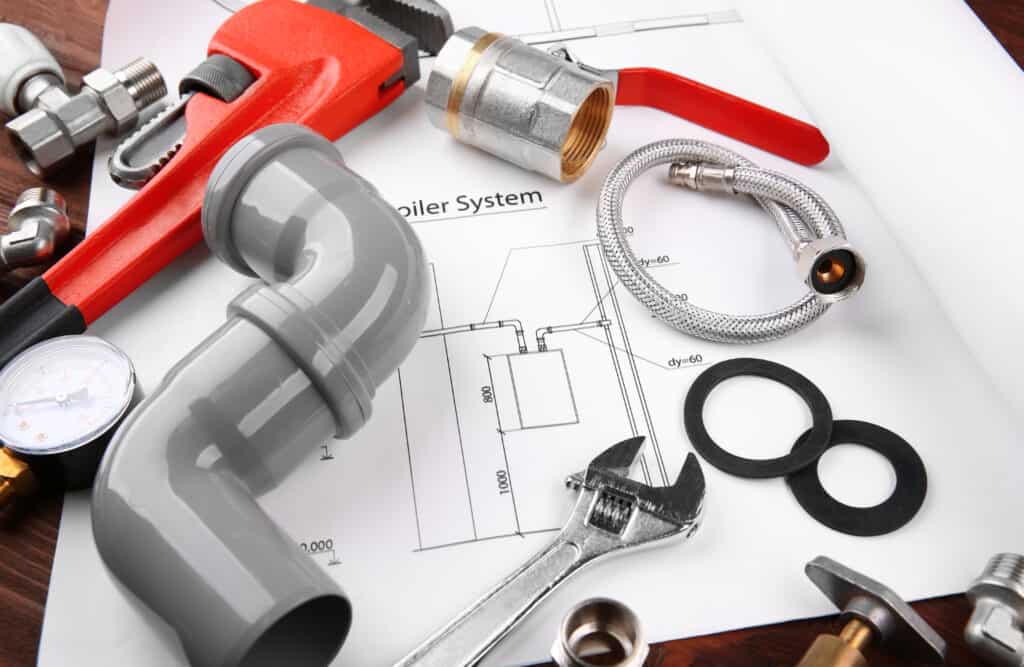Septic systems are hidden yet vital parts of a home’s infrastructure, responsible for treating and disposing of residential wastewater. This critical role means proper care and maintenance are non-negotiable to ensure a healthy living environment. Preventative septic maintenance, such as those provided by expert septic tank service providers, does more than prolong the life of your system—it minimizes the chances of issues that could lead to unsanitary conditions, property damage, or the unpleasant task of handling sewage backups themselves. Moreover, through such care, homeowners can rest assured that their system is not adversely impacting nearby water sources, which contributes positively to their community’s collective health.
Regular assessments by specialists help keep septic tanks functioning correctly. These checks include monitoring sludge and scum levels, ensuring that mechanical components are in good order, and verifying that the drain field is absorbing waste as it should. Being proactive about your septic system’s health has the added benefit of catching problems before they become emergencies, making incremental care a smart financial decision.
Common Indicators of Septic Issues
Homeowners may not always know the inner workings of their septic systems, but being aware of the signs of malfunction can help avert more significant problems. Some common indicators include slow-draining sinks or toilets, gurgling sounds from the plumbing system, sewage odors inside or outside the home, particularly near the drain field, and noticeably greener grass around the septic tank area. If these symptoms appear, it suggests that an inspection by a qualified septic specialist is immediately necessary. These professionals can diagnose the issue, whether it’s a blockage, a leak, or a need for pumping, ensuring that a minor inconvenience doesn’t escalate into a health hazard or a substantial financial burden.
Yet, it’s not only about reacting to symptoms; prevention is always better than cure. Having an expert regularly inspect and maintain your septic system is advantageous, safeguarding against unexpected failures. These services also help you comply with local health regulations, as poorly maintained septic systems can contaminate groundwater, posing a risk to public health.
The Eco-Friendly Aspect of Septic Maintenance
Beyond the home, the impact of a well-maintained septic system extends to the greater environment. A malfunctioning system can lead to the release of nutrients, like nitrogen and phosphorus, into natural water sources. These compounds can cause algal blooms that rob aquatic environments of oxygen, leading to uninhabitable dead zones for marine life. Committing to regular septic service ensures efficient waste processing, effectively reducing the opportunity for such pollution.
Additionally, homeowners safeguard against potential soil contamination by preventing leaks and overflows. Such vigilance supports biodiversity and preserves the natural landscape, playing a small but crucial part in the fight against environmental degradation. Thus, the responsibility of maintaining a septic system weighs not only on homeowners’ shoulders for their property’s sake but also as stewards of their surrounding ecosystem.
Economics of Septic System Upkeep
Investing in a professional septic service in Georgia is an economically savvy decision. When comparing the cost of regular check-ups and pumping to the expenses of dealing with a full-scale septic emergency, the latter is often more expensive. Regular maintenance extends the life span of a septic system, deferring what can be a significant replacement expense. It makes sense to pencil in service appointments, much like one would with vehicle or HVAC maintenance.
The financial sense of this approach becomes even clearer, considering the potential for property damage. Leaky or inadequate septic systems can lead to soggy yards, ruined gardens, and even foundation damage—all expensive to rectify. Thus, the modest investment in maintenance becomes a measure of cost avoidance for homeowners who value not only their property but also their bank accounts.
Choosing the Right Septic Service Provider
Not all septic services are created equal, so selecting the right provider is crucial. A reputable service will have the necessary certifications and a robust portfolio of satisfied customers. They demonstrate transparency by explaining their processes and encouraging questions about their methods. Seeking reviews and recommendations from others in your community can also guide you toward a provider that delivers stellar results.
An ideal service provider offers a maintenance plan that suits your household’s needs, considering size, usage patterns, and local environmental regulations. They’ll also update you with the latest industry best practices and technologies, offering you the most efficient and effective service possible. When selecting a septic service provider, aim for a partnership that offers a one-time solution and an ongoing relationship to care for your septic system.
Comprehensive research and resources can broaden your understanding of septic systems, their maintenance, and their environmental impact. The Environmental Protection Agency (EPA) provides a wealth of information tailored to homeowners.
Essential Steps in Septic System Care
- Regularly schedule inspections every 3 to 5 years.
- Pump your septic tank as the service provider advises, typically every 3 to 5 years.
- Avoid disposing of harmful materials down the drain, such as oils, chemicals, or non-biodegradable items.
- Manage water usage to avoid overloading the system, which can accelerate wear and tear.
- Be conscientious about what goes down the drain—avoid flushing anything that won’t decompose naturally.
Conclusion
A fully operational and efficient septic system is indispensable in the grand homeownership scheme, underpinning your home’s day-to-day comfort and health. Regular maintenance, fused with an informed understanding of your system, can foster a worry-free engagement with your septic system. With the partnership of skilled professionals, homeowners can confidently navigate the complexities of septic system maintenance, ensuring its effective operation and contributing positively to environmental conservation and public health.





